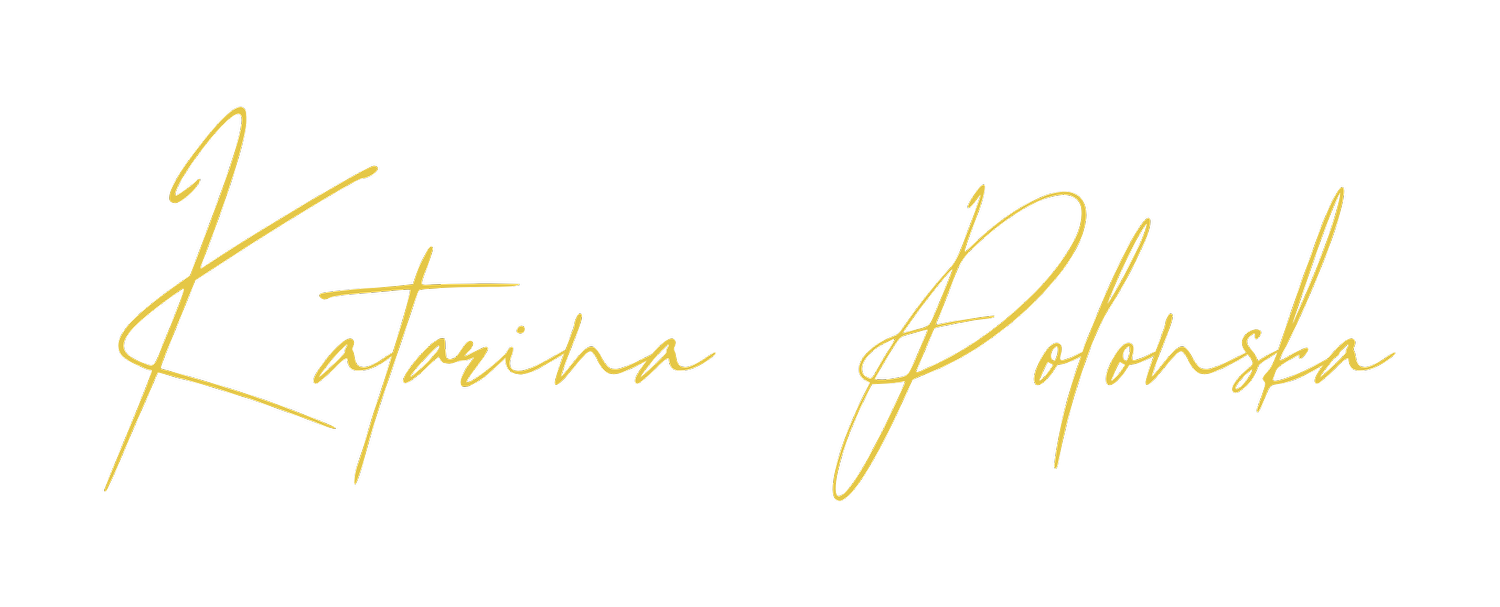Why coaching? What is it?
Coaching, therapy, mentorship, training. All super useful modes of helping someone. So why is coaching important, and how is it different?
I love therapy and have tried most forms of therapy out there. From Cognitive Behavioural Therapy, Internal Family Systems, Somatic, EMDR, Humanistic, Hypnotherapy, you name it. When I lived in Vancouver, I also worked extensively with plant medicine, breath-work, and other more shamanic forms of healing.
But for me, coaching is where I want to focus my energies. Especially connection coaching, which lets me integrate my belief in embodiment and somatic work with the more cerebral methodologies. Why?
Well, with therapy, which I’ve had A LOT of, whilst I find it tremendously useful, very rarely is it as action-orientated or forward-thinking as I like to be. It’s beyond helpful for processing past traumas, experiences, and making sense of who I am and how I show up, but rarely has it let me build strategies or future-centric plans to move me forward. It also rarely lets me explore the professional side of my life. Normally it’s relationships and personal issues, rather than my ambition, work, or what I want to do with my career.
Mentorship is great, but typically so industry specific, that when I’ve been navigating what I want to do next in my life professionally, I’ve found myself needing not just one mentor - but lots. And how can I find a mentor for an industry or line of work I don’t even know I want to pursue?
Teaching is brilliant too, of course. As a life-long nerd and academic, a lot of the embodiment and mindfulness work I do with clients flirts with ‘teaching’. That being said, I believe we are all our own guru and the answers we seek are within ourselves. Sure, we might need to learn tools, techniques, contexts, histories, and information to guide our decisions, and at the same time, we deserve to empower ourselves to be our greatest source of wisdom and guidance.
So, what is Coaching?
Present and forward thinking: we look to build solutions, achieve goals, and problem solve, rather than look retrospectively or solve past experiences like therapy.
Client-led: you guide the topic of discussion based on what is coming up for you.
Change-orientated: change and solutions are the focus, not emotional release or coping. We focus on goals and outcomes.
Dialogic: using questions, reflection, and a dialectic approach, we have a conversation that allows for you to be your own guru.
Client realised: you achieve your changes and can take pride in owning your own transformation, making it a sustainable muscle you are developing.
Non-advisory: I don’t tell you what to do - rather, you deepen your own wisdom and self trust by guiding your own transformation in the dialogic process of coaching. Results are sustainable and for you to develop - you do not become dependent on a coach or need to keep coaching forever.
Change-orientated: change and solutions are the focus, not emotional release or coping. We focus on goals and outcomes.
Self-actualisation focused: our inner potential for growth means we can all change to become happier with our lives.
Simply put, coaching can help you achieve specific goals or outcomes, personal and professional, through a dialogic process of questioning, reflecting, clarifying, challenging, and decision-making about what you can do.

